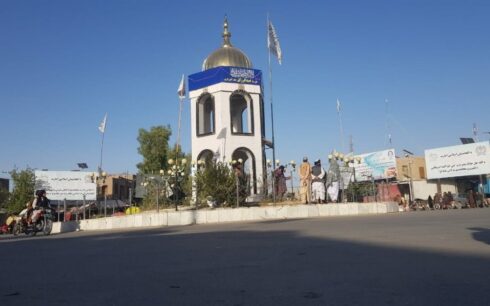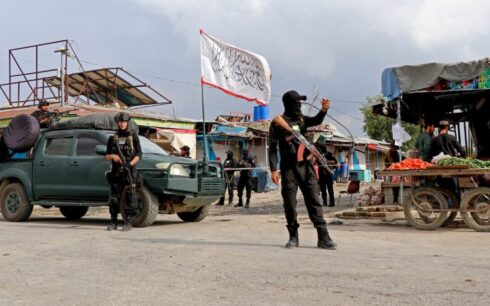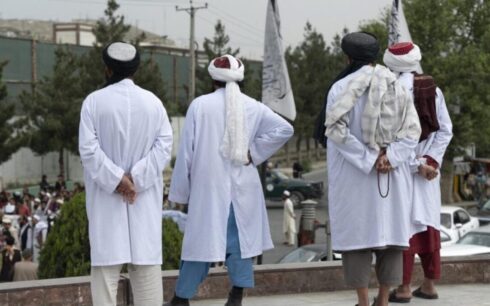In a meeting in Dushanbe, the presidents of Tajikistan and Iran emphasized the need for an inclusive government in Afghanistan, representing all ethnic groups and religions.
President Ebrahim Raisi of Iran who met with his Tajik counterpart in Dushanbe expressed the desire for the Taliban to form a government that includes representatives from diverse ethnicities and religions in Afghanistan.
Raisi emphasized the shared responsibility of Iran and Tajikistan as neighbors for the well-being of the Afghan people, advocating for a government that garners support from all segments of Afghan society.
“Tajikistan, as a country that has gone through a civil war, declares its support for the peaceful resolution of problems and conflicts through diplomatic channels and dialogues,” stated Tajik President Imomali Rahmon, linking the resolution of the current problems in Afghanistan to the initiation of political dialogues.
Despite the Taliban’s claims of an inclusive government, challenges persist, prompting the international community to question the group’s commitment.
The Doha agreement, signed between the US and the Taliban on February 29, 2020, included the establishment of an inclusive government as a crucial element, which has yet to be implemented.
The international community has asserted that recognition of the Taliban hinges on the formation of a comprehensive government that upholds the rights and freedoms of Afghan women and citizens.
As discussions continue, the leaders of Iran and Tajikistan underscore the importance of inclusivity in shaping the political landscape of Afghanistan.





